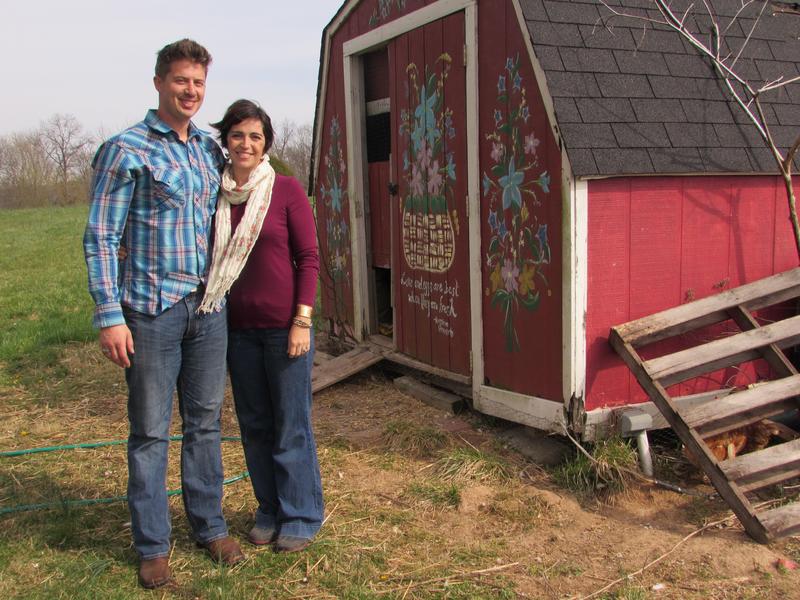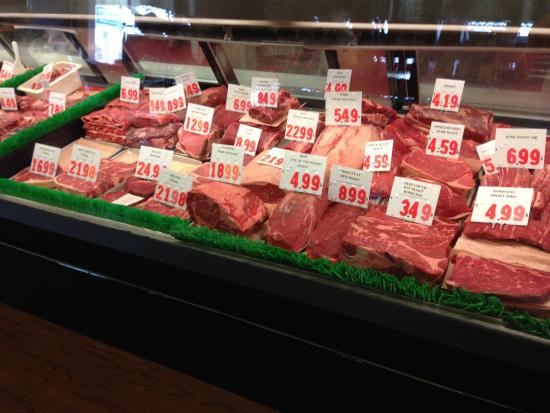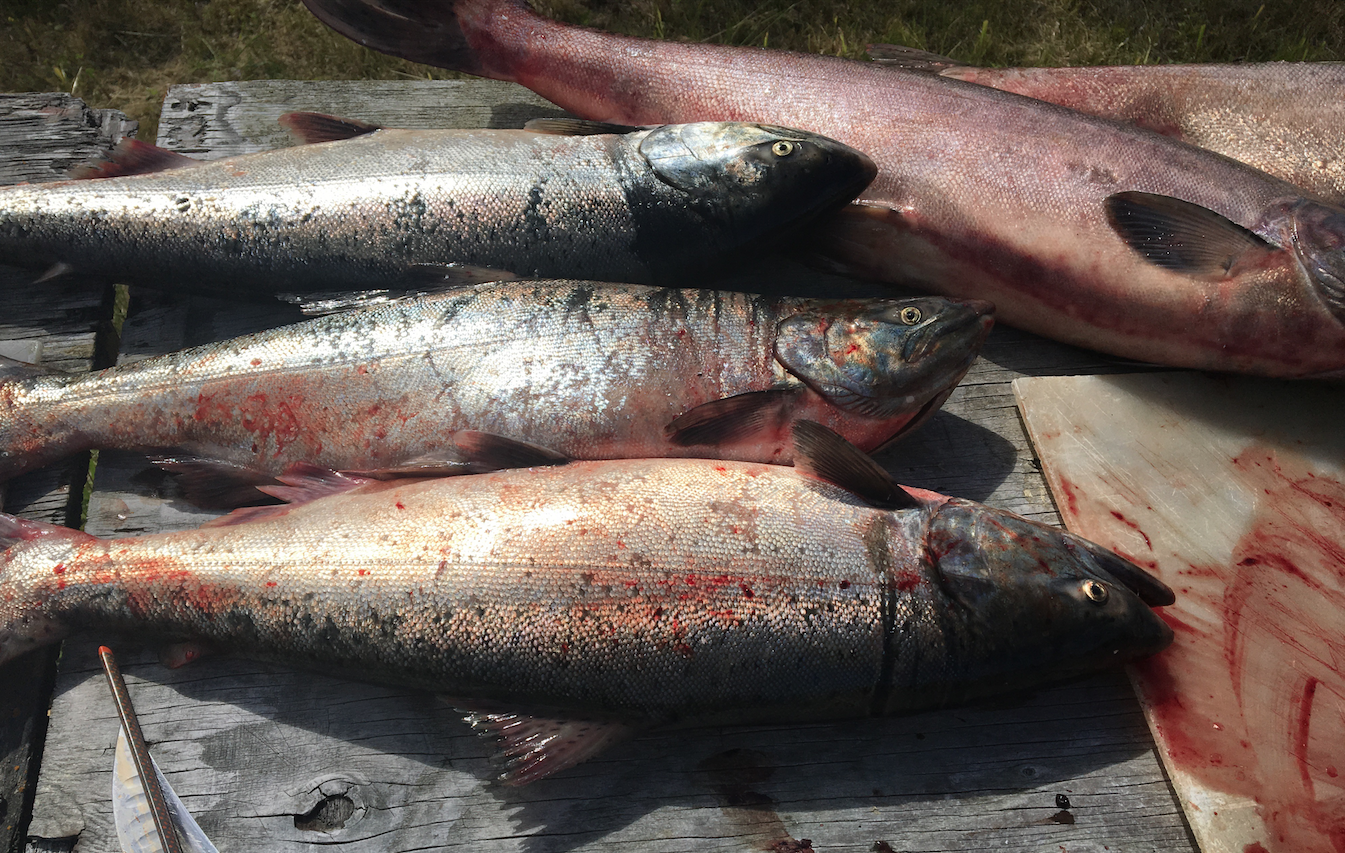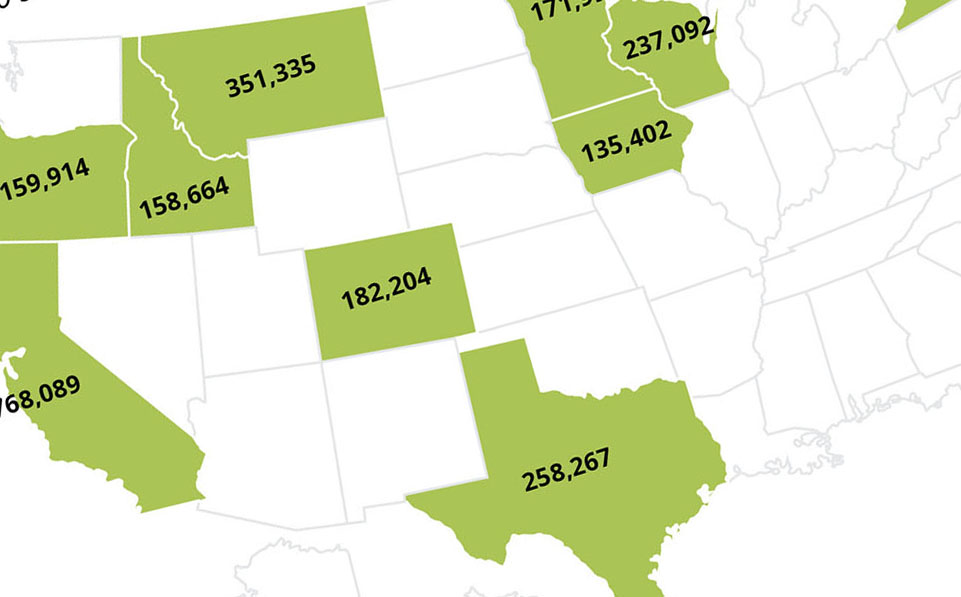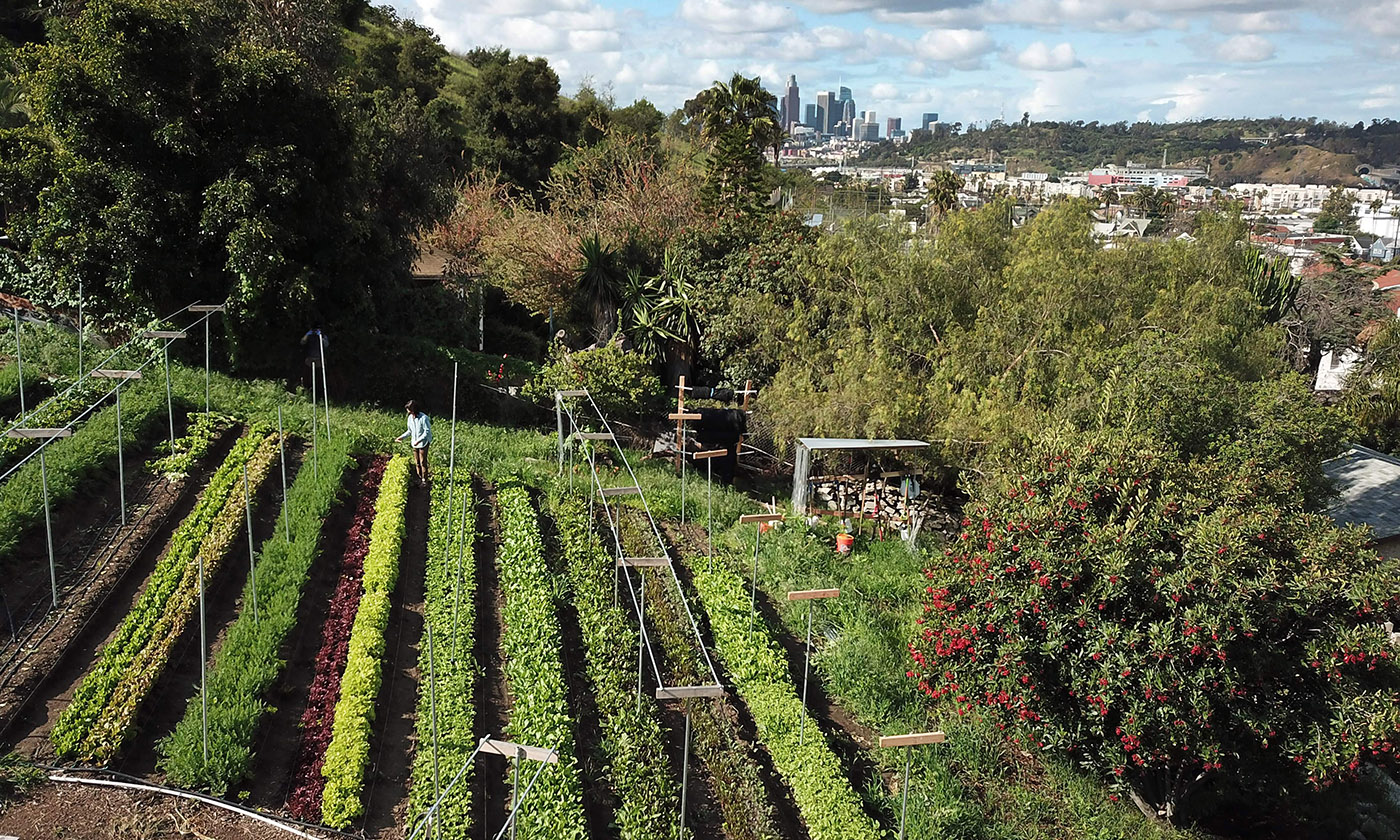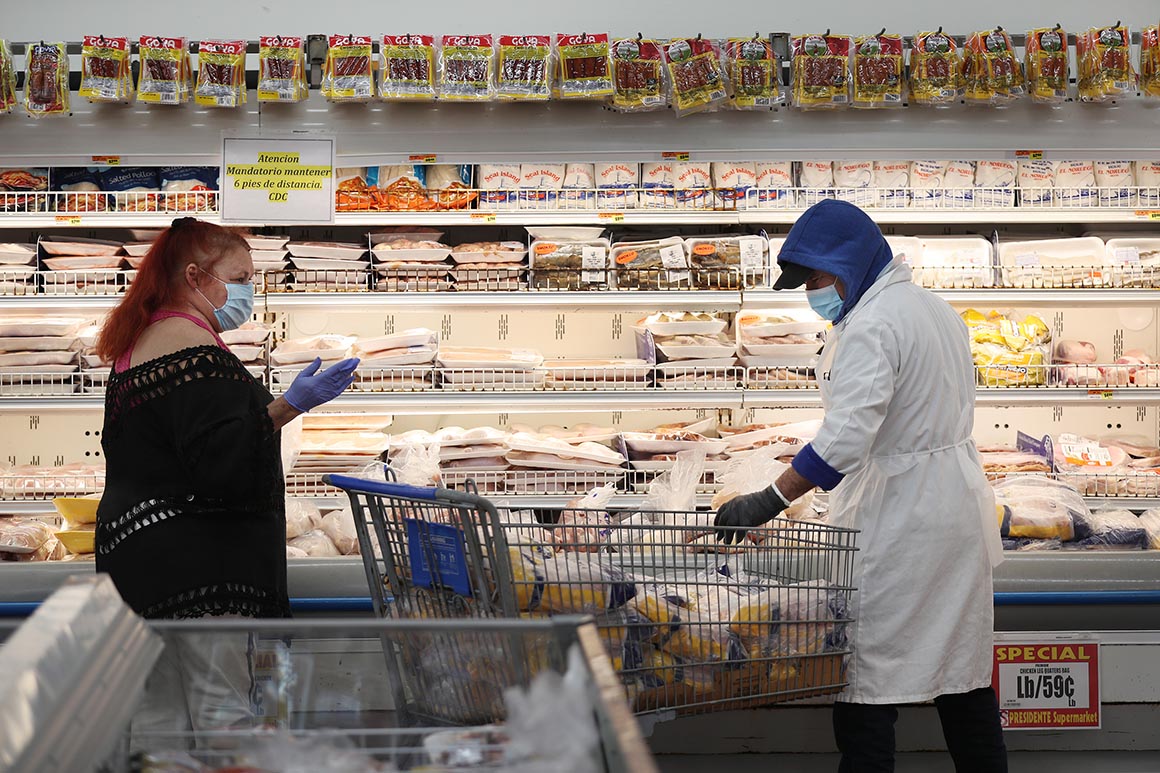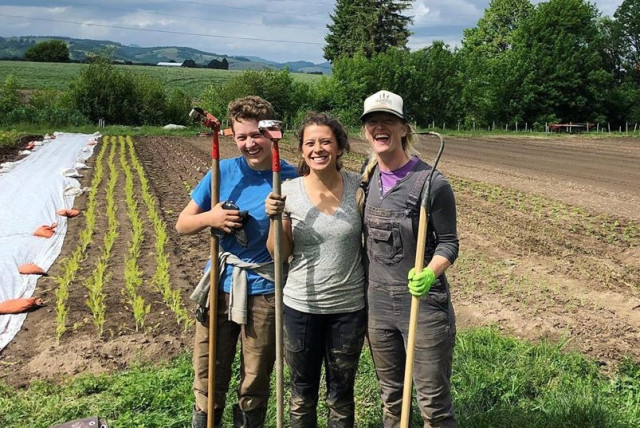05/27/2020 SOURCE: www.wkyufm.org
-
(0)
-
Bookmark
- Comments. (0)
05/27/2020 SOURCE: www.agriculture.com
-
(0)
-
Bookmark
- Comments. (0)
 John LaRose Jr.
John LaRose Jr.
Topics: Agriculture US, Aquaculture/Fish Farming, Fishing (Commercial),
-
(1)
-
Bookmark
- Comments (0)
 John LaRose Jr.
John LaRose Jr.
Topics: Agriculture US, Aquaculture/Fish Farming, Fishing (Commercial),
-
(1)
-
Bookmark
- Comments (0)
-
(0)
-
Bookmark
- Comments (0)
 John LaRose Jr.
John LaRose Jr.
Topics: Agriculture US, Agriculture Global, Sustainability, Urban Farming, Regenerative Agriculture, Coronavirus/COVID,
-
(0)
-
Bookmark
- Comments (0)
05/26/2020 SOURCE: www.politico.com
-
(0)
-
Bookmark
- Comments. (0)
 John LaRose Jr.
John LaRose Jr.
Topics: Agriculture US, Young Farmers, Sustainability,
-
(0)
-
Bookmark
- Comments (0)
05/25/2020 SOURCE: www.usnews.com
-
(0)
-
Bookmark
- Comments. (0)
 John LaRose Jr.
John LaRose Jr.
Topics: Agriculture US, Economics, Ag Australia/NZ,
-
(0)
-
Bookmark
- Comments (0)


